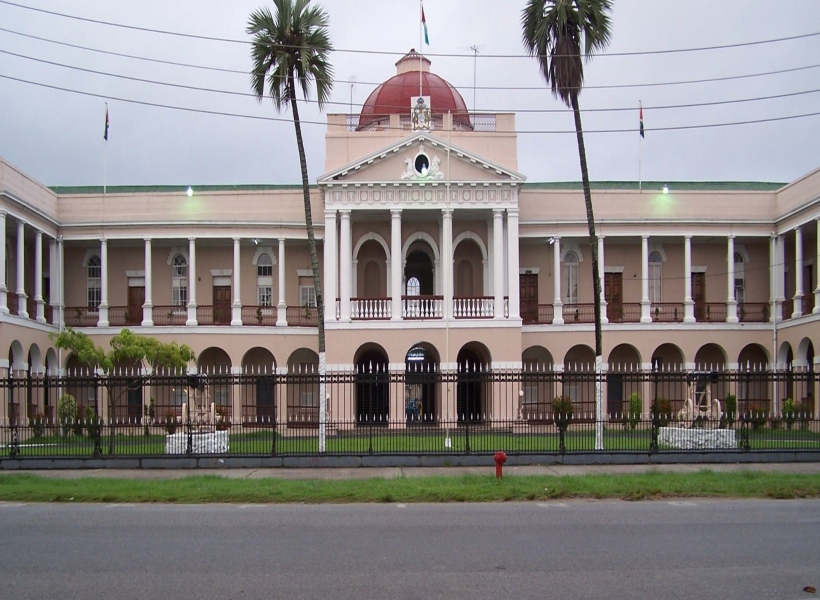Saturday’s edition of ‘Simplifying the Law’ explored the complexities of the act, to educate the citizenry. Senior Parliamentary Counsel at the Attorney General’s Chambers, Cheyenne Lall, along with State Counsel, Aruna Budhram, provided insight into the provisions of the act.

The programme was conceptualised by the Attorney General’s Chambers, and aimed at elucidating the general provisions of the laws being passed in the National Assembly to ensure that public awareness remains a key facet of the government’s robust legislative agenda.
Bail is the pre-trial release of a person from custody, upon the agreement that this person will appear in court at a specified date and time to answer a charge set against them.
Before the passage of the Bail Act of 2022, legislation governing bail was enshrined in multiple pieces of legislation, such as the Summary Jurisdiction (Procedure) Act, and the Criminal Law (Procedure) Act.
“These acts failed to provide detail as to how bail should be granted or refused. They also failed to codify the common law right to bail. What this act seeks to do is to provide for bail in a comprehensive manner in one statute, similar to what has been done in our sister countries,” Lall explained.
The concept of bail is underpinned by two main principles, the right to liberty and the presumption of innocence, as outlined in the constitution.
The act addresses primarily a defendant’s right to bail, amendments to the conditions of bail, its procedures and appeals, and the right of a court of law to refuse bail under special circumstances.
The act also allows police officers to grant bail in the absence of a warrant for arrest and provides for procedures that may be available to a person who is aggrieved or dissatisfied with the decision to grant or refuse bail.
Section four of the act regulates the grant of police bail. It provides that, in a case where it is impractical to bring the person before a magistrate within 24 hours after the person has been taken into custody, a police officer may inquire into the case and grant that person bail ‘with every convenient speed’, once the offense is not one punishable by imprisonment.
However, if the offense is punishable by imprisonment, the police officer may grant the person bail as soon as possible, unless the offence is serious.
The duo also addressed a common misconception about bail, which is the assumption that an accused person out on bail is considered ‘free’.
“A person who has been granted bail is not necessarily a ‘free’ man, because the concept of bail is to secure his attendance and appearance at the court at a particular time, so he is placed on bail to preserve his constitutional rights, and so that he is not punished in advance of being tried, and in advance of pronouncement of guilt,” Budhram clarified.
A court may refuse to grant bail on several grounds, those of which are covered under section seven of the act. These grounds include cases where the court has reason to believe the defendant may commit an offence while on bail, interfere with witnesses, tamper with evidence, or otherwise obstruct the course of justice.
Section nine of the act provides for an instance where a person has been convicted of a crime and appeals this decision, and wishes to apply for bail pending the appeal. In this case, there is no right to bail, as there is no longer a presumption of innocence.
However, the convicted party may apply for bail, and the onus is on them to show why they should be granted bail.
The bail act also provides that the court must offer in writing reasons for granting or refusing bail, or reasons for imposing or varying conditions of bail, and shall provide a copy of these reasons to both the prosecution and the defendant as soon as practical after the hearing.
In a case where a magistrate refuses bail to the defendant, the magistrate’s court shall inform the defendant that they have the right to appeal in accordance with section seven of the act. (Extracted and modified from the Department of Public Information)













